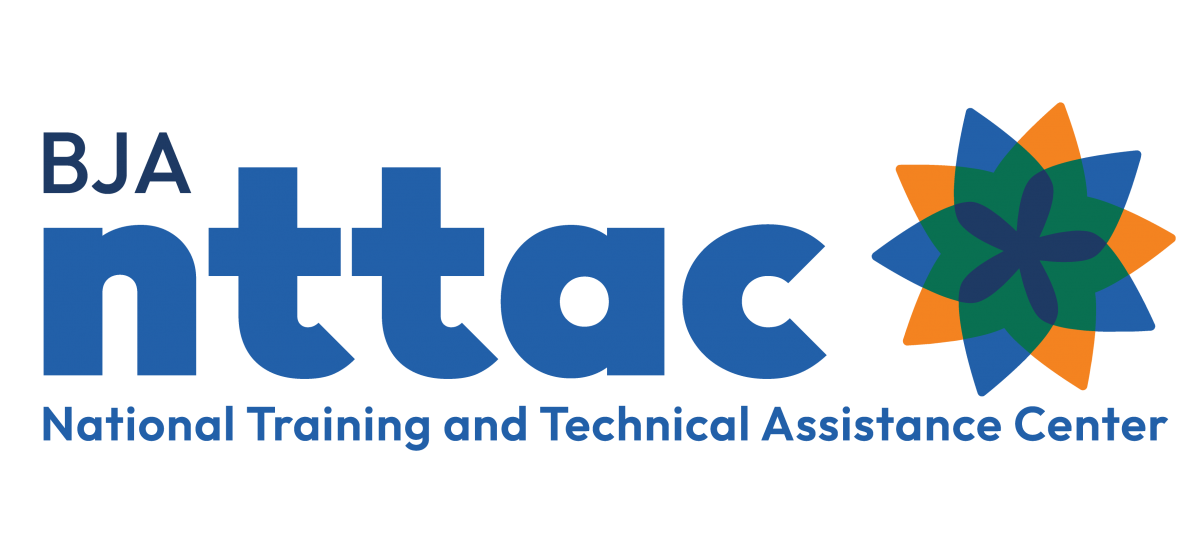The Connect and Protect: Law Enforcement Behavioral Health Response Program is designed to support law enforcement and behavioral health cross-system collaboration and to improve public health and safety responses to and outcomes for individuals with mental health disorders (MHDs) or co-occurring mental health and substance use disorders (MHSUDs) who come into contact with the criminal justice system.
Program objectives include the following:
- Design and implement a crisis response program based on current best practice to assist law enforcement officers in improving encounters with individuals who have MHDs or cooccurring MHSUDs.
- Plan and deliver a crisis response program, through coordination between law enforcement and a mental health agency, that includes services to improve or enhance the response.
- Build positive community relations and trust through public communication strategies.
- Enhance officer knowledge and skills in responding to community members with MHDs or co-occurring MHSUDs.
- Plan for multidisciplinary stakeholder teams to support police officers and mental health crisis workers responding together to mental health calls through strategic planning initiatives at the state, tribal and local level.
Connect and Protect is part of the Justice and Mental Health Collaboration Program (JMHCP).
Training and Technical Assistance
The JMHCP has two support centers that offer free, on-demand training and consultation. Center staff provide support that is tailored to meet agency, community, and jurisdiction needs, including example policies, advice about program design, connection to subject matter experts, arranging visits to a learning site, and more.
Additionally, the Bureau of Justice Assistance’s National Training and Technical Assistance Center provides no-cost training and technical assistance on a wide variety of criminal justice topics to improve the knowledge and skills of criminal justice professionals. Agencies interested in receiving training and technical assistance (TTA) can submit a TTA request through an online application.


